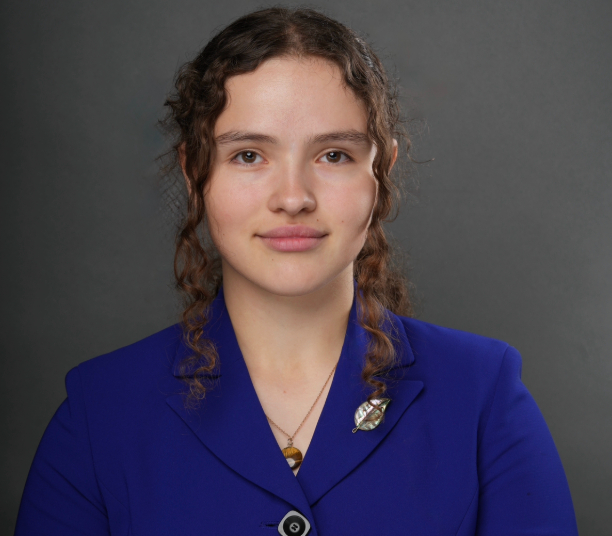I am Multi-Cultural
- Vick Volovnyk

- Sep 11, 2025
- 2 min read
Updated: Sep 21, 2025

I am multi-cultural—Russian, Ukrainian, Jewish and a few others mixed in—but to most people around me, I am just “American.” That label alienates. When I was younger I first felt separate from the kids at my Slavic детский сад, then different from the others running around at Kindergarten recess. I blended in well enough, quickly picking up English and participating in the hallmarks of American life: Dora the Explorer (my English class), Trick or Treat and amusement parks. Beneath all that was an entire world of history, memory, and tradition that I carried with me but could barely access, and even more rarely a world I could share.
As a child, the doorway was my grandparents. They spoke to me in Russian, and through poetry, short stories, and fantasy tales taught me our language. Those books were keys, connecting me to generations before and cultures scattered through geography, politics, and time.
As I got older, that connection became a fraying rope. Outside my home, I didn’t see Slavic traditions represented, and I didn’t meet many peers who shared my background. My heritage felt like something I had to set aside in order to fit in. There wasn’t a space at school where I could explore the complexities of my background, or where I could share the small joys—like a familiar melody, a certain dish, or a line of Pushkin—that had shaped me so deeply.
That absence eventually became my motivation. I took over a defunct Slavic Culture Club at my high school—the kind of space I wish had existed for me when I was younger. My goal wasn’t to celebrate one culture, but to create a community where students of Slavic heritage could come together, and where anyone interested could learn about the richness of these traditions, languages and histories.
Heading the club was a way for me to reconnect with my own roots more intentionally. I returned to the Russian language as something I could share with and teach others. The stories my grandparents had read with me became joys I could share. And the club has also been a space for understanding the complexities of a Slavic background in today’s climate, finding others who understood, and exploring our identities—sometimes messy, layered, buried, but still profoundly meaningful.
Founding the SCC was my way of honoring my grandparents’ gift of language, literature and life, giving Slavic and non-Slavic peers alike the space to consider their own identities and backgrounds, connect with each other, and learn about often invisible cultures in the American school setting.
.png)























Comments